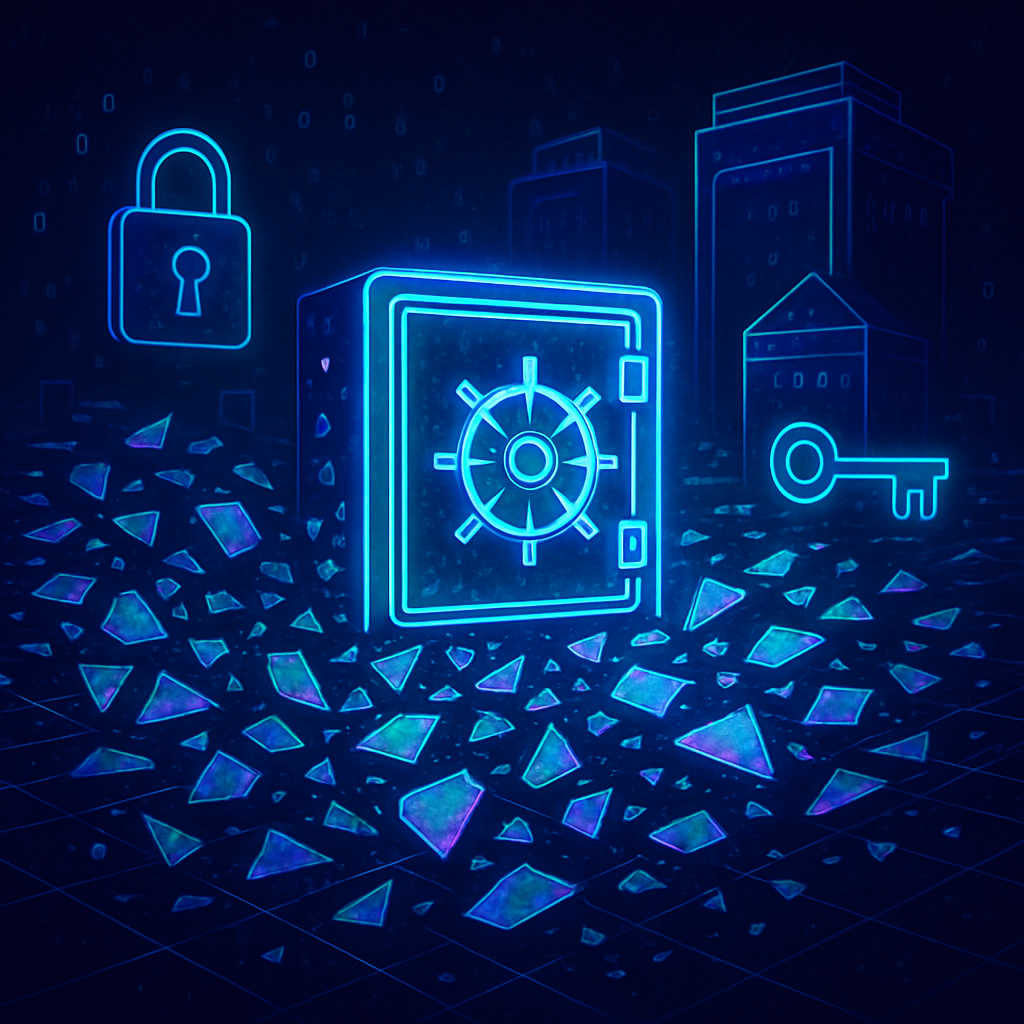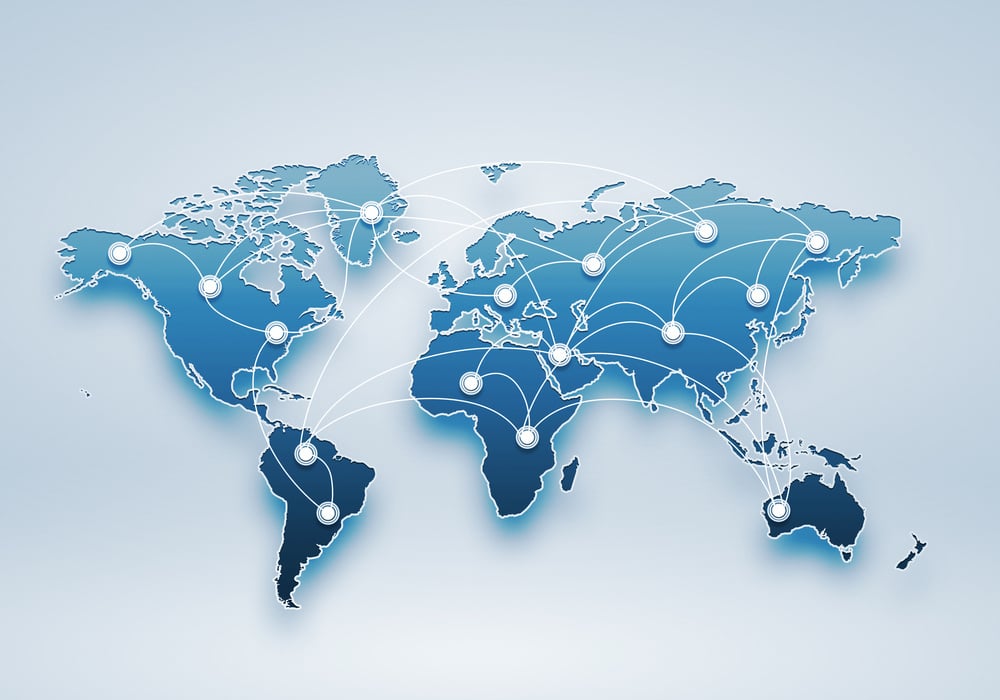October marks the seventeenth annual National Cybersecurity Awareness Month as outlined by the U.S. Cybersecurity and Infrastructure Security Agency (CISA).
Organizations across the country participate to raise awareness around the topic, and with more individuals and companies dependent on technology and remote connectivity than ever before, 2020’s National Cybersecurity Awareness Month (NCAM) is an apt opportunity to examine how we’re collectively working to stay safe online.
According to Gartner, 52% of legal and compliance leaders are concerned about third-party cybersecurity risk since COVID-19. Increased risks posed by remote workforces or the theft of highly sensitive vaccine data have been frequent headlines throughout the pandemic. Now, as we head toward the end of the year and the holiday season, sensitive consumer data is poised to be in the spotlight as B2C organizations seek to accommodate the holiday sales rush online.
While this won’t be the first season in which a rising percentage of holiday purchases are made online rather than at brick and mortar locations, the global pandemic will undoubtedly contribute to an influx of online sales. As is the case with healthcare and vaccine data, the sensitivity of consumer data involved in facilitating online purchases increases the risk posed to both businesses and their customers. Credit card details, billing addresses and shipping addresses both for gift-givers and receivers, data about our purchase history and style preferences and even the location of online customers, make online shopping data a high-value target for potential cybercriminals.
As such, organizations need to think strategically, and quickly, about how to protect themselves and their customers from potential cyberattacks. Rather than relying on encryption-only solutions, which have frequently proved inadequate especially in the age of cloud, B2C companies have much to gain by taking critical steps to eliminating the sensitivity of data to ensure privacy for their customers. This is true not only for retailers, but also for the Big Tech ad platforms that often play a role in online sales via advertising and even in-application purchases.
Today’s complex cloud data landscape presents no shortage of potential weak points for cybercriminals to exploit. Thus, ensuring that billing details, personal preferences, browsing, billing and shipping locations and more are indiscernible in the event of a breach, rather than assuming they can be avoided altogether, should be the priority of every B2C organization this holiday season. Technology like Microsharding, in which data is sharded into fragments as small as single-digit bytes, mixed with poison shards and distributed to multiple locations, was developed to completely eliminate the sensitivity of data on backend cloud infrastructure so that organizations can confidently ensure data privacy even in the cloud.
Whether retailers and other advertisers are veterans to the online sales process or finding themselves navigating unfamiliar territory due to a lack of in-person store traffic, this holiday season will likely see a record number of transactions occurring online. And, as the average cost of a data breach in the U.S. is higher than any other country at $8.64 million per breach, there should be no shortage of incentive for U.S. B2C organizations to take control of the sensitivity of customer data.

Fortunately, October’s Cybersecurity Awareness Month in the U.S. comes at the right time to continue highlighting the importance of protecting sensitive data, something B2C companies will need to keep front of mind heading into the 2020 holiday season. This year’s them is, “Do Your Part. Be #CyberSmart”, and you can find out how to get involved and take advantage of more resources on cisa.gov.






